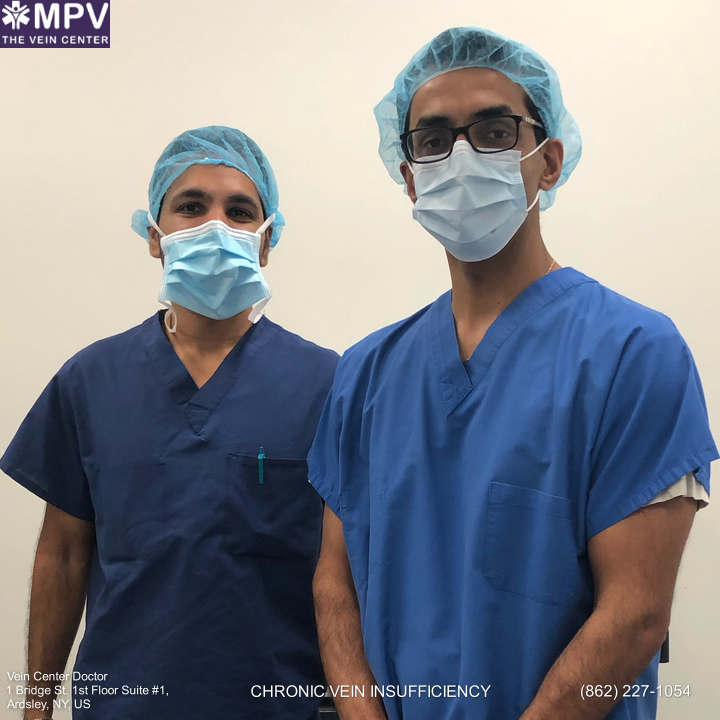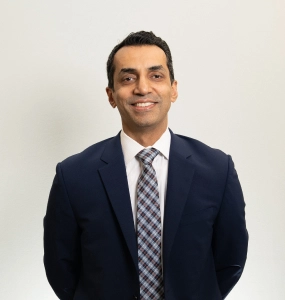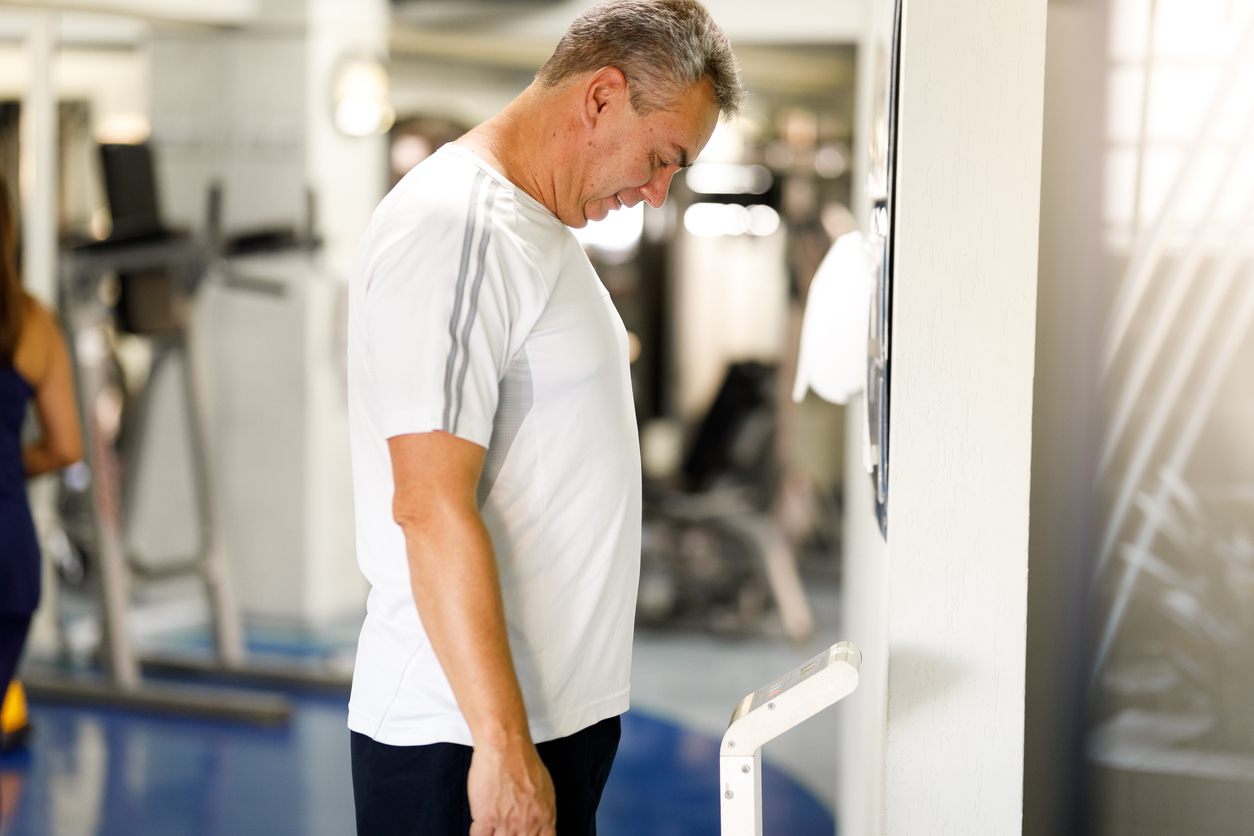Chronic venous insufficiency (CVI) is a vein condition where pooling of blood is present in the superficial veins and worse, even the deep leg veins, due to damaged veins. Many factors cause chronic venous insufficiency, such as deep vein thrombosis, your own medical history, and more. But among these risk factors, a patient’s lifestyle is a big contributor to developing this disorder. Because of this, some patients wonder if losing weight will help with their CVI.
So can losing weight help with chronic venous insufficiency? While losing weight wouldn’t resolve your CVI, it will help improve blood circulation and ease its symptoms. Fat causes pressure on your weakened veins and damaged valves, so burning fat helps blood flow. This is best combined with regular exercise because muscle contractions help push the blood upward, but you must still prioritize treating yourself.
Can Weight Loss Lead to Healthier Veins?
Maintaining a healthy weight or losing weight if you’re obese will greatly help your chronic venous insufficiency, but it wouldn’t resolve it; you should still treat the blood pools in your veins and the damage in your one-way valves. This will ease the symptoms you’re experiencing, such as leg swelling, leg ulcers or skin sores, skin discoloration, varicose veins, spider veins, and more.
Obesity has risks of developing chronic venous insufficiency and other venous diseases because extra fat can add pressure to your blood vessel, making it more difficult for the blood to flow back to the heart. With chronic venous insufficiency, blood fails to flow to the heart due to damaged valves. This deoxygenated blood collects in the leg veins with its blood pressure remaining elevated, resulting in chronic venous insufficiency.
Aside from this, muscle contractions in your leg muscles squeeze your veins and aid blood to flow upward to the heart. Aside from losing weight to be more healthy, it’s best to do regular exercise at the same time.
Chronic venous insufficiency has different treatment options that can be suitable for you. Resolving your damaged valves with these procedures and therapies can help you treat your medical condition.
Maintaining a healthy weight and doing the right lifestyle changes can also help you manage your vein disease and keep new varicose veins from forming. Treatment and lifestyle change, including maintaining a healthy weight, can lead to healthy veins
Other Risk Factors of Chronic Venous Insufficiency
Chronic venous insufficiency is a medical condition where leg veins weaken and vein valves become damaged, causing blood to pool instead of flowing back to the heart. Obesity is one of the risk factors that may lead to several venous disorders.
Aside from this, deep vein thrombosis, varicose veins, extended periods of sitting or standing, and sedentary living give you high risks of chronic vein insufficiency.
1) Deep Vein Thrombosis
Deep vein thrombosis is a cardiovascular disease involving blood clots in your deep veins, usually in the legs. Patients with a medical history of DVT have a high risk of developing CVI–blood clots in the deep veins that cause poor blood flow in the other leg veins.
2) Varicose Veins
Patients with varicose veins or a family history of this condition also run the risk of having chronic venous insufficiency. These are superficial veins that have become enlarged and twisted due to blood collected in these blood vessels. While not serious most of the time, this condition may be an indication of chronic venous insufficiency, which may happen with or without varicose veins.
3) Extended Periods of Sitting or Standing
Sitting and standing for hours on end may constrict your transport of blood and weaken your veins due to the sustained elevated blood pressure. The symptoms of this condition include leg discomfort, severe swelling, and others.
4) Sedentary Living
Exercising improves blood flow and vein health. Those leading a lifestyle with a lack of mobility have high risks of developing vascular diseases.
Other Lifestyle Changes to Manage Your Chronic Venous Insufficiency

Patients with chronic venous insufficiency must do a complete lifestyle change to ease the symptoms of their condition. They may also consider the right treatment options be it invasive procedures or vascular surgery. They should also make lifestyle changes such as avoiding constricting outfits, wearing compression garments, elevating the legs, exercising regularly, doing proper skincare, and eating a balanced diet.
1) Wear Compression Garments
Compression garments support your leg veins and prevent blood from collecting in them. Some patients might find them uncomfortable, but they can go a long way to relieve symptoms.
2) Elevate Your Legs
Allow your legs to rest by taking sitting or standing breaks to aid blood circulation. Elevate your legs above your heart level to allow blood to flow to its proper course.
3) Lead an Active Lifestyle
Muscle contractions from exercising aid the veins to push blood back to the heart and promote vein health. More than this, leading an active lifestyle is good not only for the heart but also for your overall health.
4) Avoid High Heels and Tight Clothing
Patients must avoid high heels and tight clothing, like belts, tight pants, and others. These can be factors for constricting blood flow.
5) Eat A Balanced Diet
Eat a balanced diet and incorporate food good for your blood, vein health, and heart. Avoid salty food, which will cause water retention–this might apply pressure to the veins.
6) Do Proper Skincare
CVI may also cause venous leg ulcers or skin infections, rashes, dermatitis, and more. Because of this, patients must observe skin hygiene and take care of their skin better. Keep your skin moisturized using coconut oil and other greasy products. Avoid coming into contact with harsh chemicals. Do your best not to touch or rub your skin as well.
Book an Appointment at Vein Center Doctor for Chronic Venous Insufficiency Treatment

Losing weight to reach a healthier weight can help with your chronic venous insufficiency, but it still wouldn’t resolve your damaged vein valves. Seeking a reliable health care provider can offer you the right care and treatment. Vein Center Doctor provides a wide range of solutions for chronic venous insufficiency and other conditions of the vein. Get in touch with us today for a free consultation.

